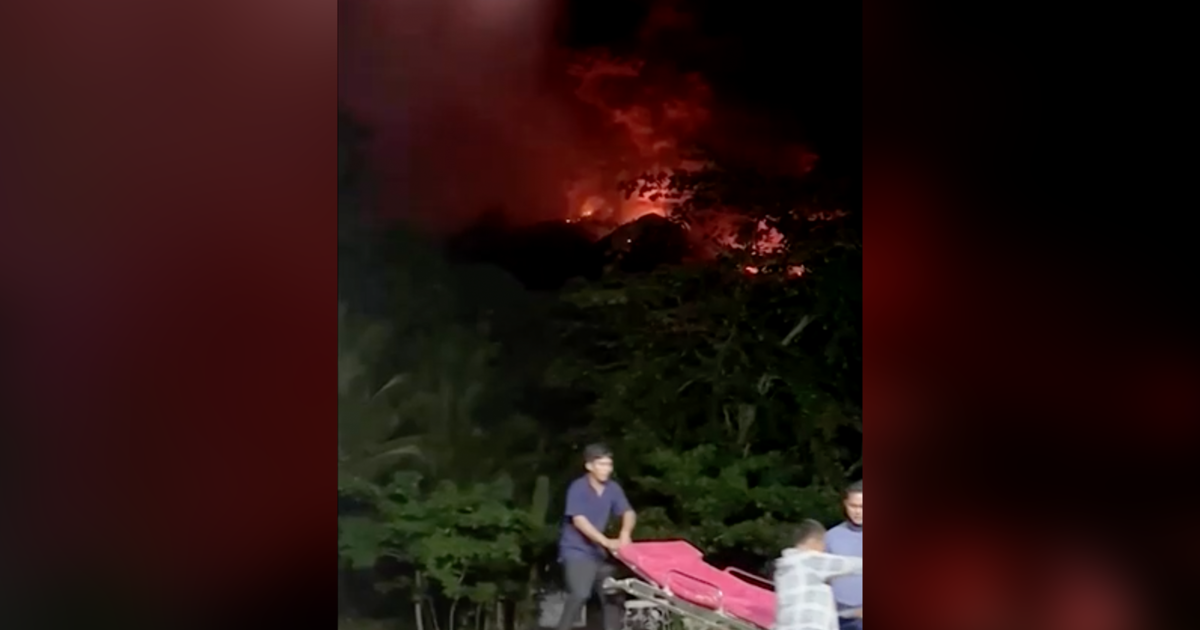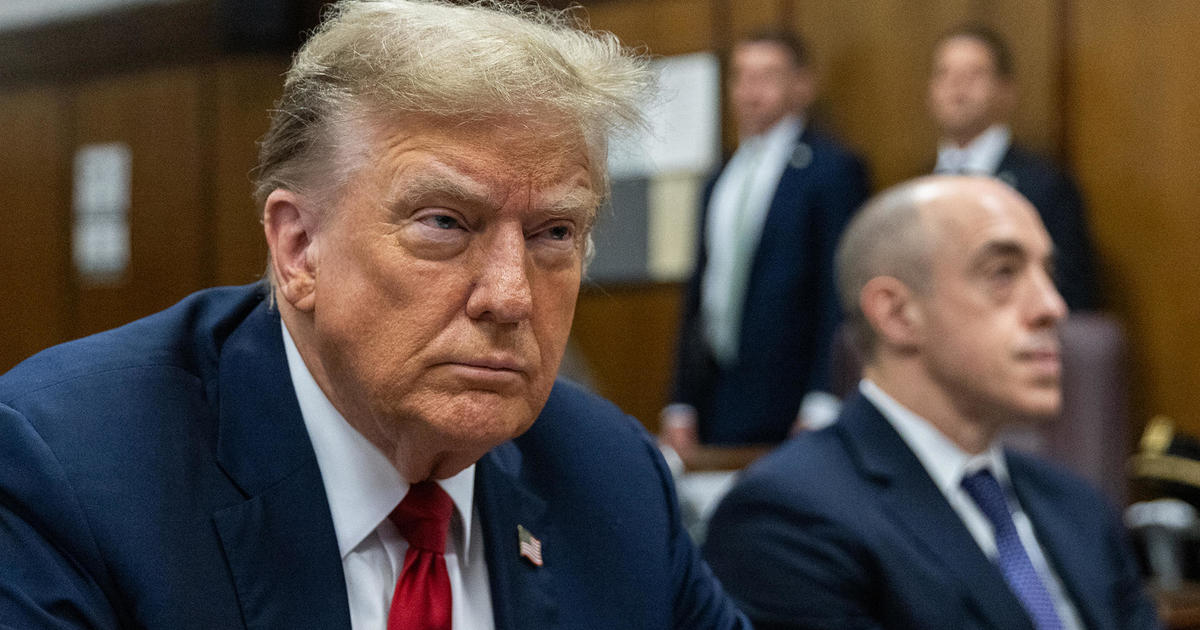North Korea launches first ballistic missile in over 2 months
North Korea has launched its first ballistic missile in 10 weeks, the Pentagon confirmed Tuesday.
Pentagon spokesman Col. Robert Manning said that U.S. officials detected the launch at about 1:17 p.m. ET, and that an initial assessment indicates it was an intercontinental ballistic missile (ICBM).
Manning said the missile was launched from Sain Ni, North Korea, and traveled around 1,000 kilometers, or about 620 miles, before landing in the Sea of Japan. He added that the launch did not pose a threat to "North America, our territories or our allies."
A U.S. intelligence official told CBS News the U.S. was "not surprised" by the launch, and said there were plenty of recent "indications" of a possible launch.
The South Korean news agency Yonhap first reported the missile launch, citing South Korea's Joint Chiefs of Staff. The report said the unidentified missile flew eastward and the South Korean military was analyzing details with the U.S. The launch marks the country's first since Sept. 15, when it fired an intermediate-range ballistic missile over the Japanese island of Hokkaido.
President Trump addressed the missile launch in televised remarks Tuesday. "We will take care of it," Mr. Trump said. "We have [Secretary of Defense James Mattis] in the room with us to have a discussion on it. It is a situation that we will handle."
Mattis said the ballistic missile went higher than any previous shot North Korea has taken, and that in response, South Korea had fired pinpoint missiles out into the water.
Because North Korea fired the missile at such a high angle, it was never a threat to the U.S., but calculations done by David Wright of the Union of Concerned Scientists showed that had it been fired on a standard trajectory, it could have traveled 8100 miles, far enough to reach Washington, D.C. or anywhere else in the U.S.
Last week, the Trump administration declared North Korea a state sponsor of terrorism. Washington also imposed new sanctions on North Korean shipping firms and Chinese trading companies dealing with the North Korea. The rogue nation called the terror designation a "serious provocation" that justifies its development of nuclear weapons.
The U.S. Mission to the U.N. announced on Twitter that Ambassador Nikki Haley and her counterparts from Japan and the Republic of Korea have scheduled an emergency U.N. Security Council meeting for Wednesday.
In September, the U.S. drafted a U.N. resolution calling for a complete oil embargo along with an asset freeze and travel ban on North Korea's leader Kim Jong Un -- a measure that had the support of U.S. allies but was met with resistance from China. Diplomats now say the U.S., along with Western nations and Japan, will be looking to increase pressure with tougher sanctions as a last resort to diplomatic and economic measures, CBS News' Pamela Falk reports.



